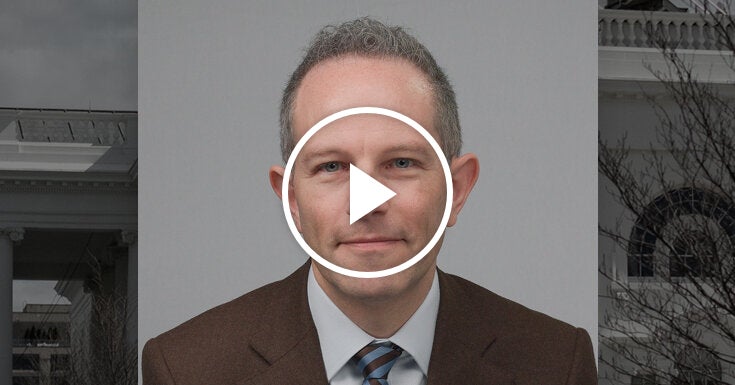The presidency of Donald Trump has sparked a thriving market for executive clemency, due to his readiness to pardon allies. This controversial practice has been examined in detail by Kenneth P. Vogel, a dedicated reporter from The Times who specializes in investigating the intricate web of money, politics, and influence. In this comprehensive examination, we delve into the individuals who are seeking these pardons, and the circumstances surrounding their quests for clemency.
Trump’s presidency has been marked by an unconventional approach to the traditional norms and protocols of the office. One of the most controversial aspects of his term has been his willingness to issue pardons and commutations to his allies and supporters, a practice that has sparked a bustling market for executive clemency. This has created a myriad of questions about the role of political favours and influence in the granting of these pardons.
Kenneth P. Vogel, a seasoned reporter for The Times, has been at the forefront of investigations into the convoluted intersections of money, politics, and influence. His work has consistently shed light on the murky depths of political financing, lobbying, and the wielding of political power. In the context of Trump’s presidency, Vogel’s investigations have centered on the surge in individuals seeking pardons and the potential motivations behind this upswing.
The list of those seeking pardons from Trump is long and varied, ranging from high-profile political figures to lesser-known individuals who believe they have been wrongly convicted or excessively punished. A common thread amongst these individuals is a belief that a pardon from Trump could rectify their current circumstances, whether that means overturning a conviction or reducing a sentence.
Among the high-profile figures are those who have been associated with Trump’s campaign or presidency, such as his former campaign manager Paul Manafort or his former National Security Advisor Michael Flynn. Their proximity to Trump’s political sphere and their subsequent legal troubles have sparked speculation about whether their pursuit of pardons is driven by loyalty to Trump, a desire for vindication, or a combination of both.
Additionally, there are those like Roger Stone, a longtime friend and confidant of Trump, whose conviction on charges of lying to Congress and witness tampering during the investigation into Russian interference in the 2016 election was commuted by Trump. This act of clemency was seen by many as an example of Trump’s willingness to protect his allies, and set a precedent for others seeking similar relief.
Furthermore, there are lesser-known figures who are seeking pardons, often with the belief that they have been unjustly convicted or excessively punished. These individuals often lack the high-profile connections of the aforementioned figures, but their stories highlight the potential for executive clemency to be used as a tool for justice reform.
Vogel’s investigations into these individuals and their quests for pardons have unearthed a complex web of influence, political connections, and strategic manoeuvring. These investigations have highlighted the extent to which the granting of pardons has become a commodity, bought and sold in a bustling market of political favours and influence.
In the face of this thriving market, questions have arisen about the ethical implications of this practice. Critics argue that the willingness to grant pardons based on loyalty or political connections undermines the integrity of the justice system, and sets a dangerous precedent for future administrations.
However, supporters of these pardons argue that they are a necessary tool for rectifying injustices in the legal system, and that Trump’s willingness to use this tool is indicative of his commitment to justice reform.
In the light of these differing perspectives, Vogel’s investigations serve as a crucial examination of this controversial practice. His work continues to shed light on the intricate workings of money, politics, and influence, providing a comprehensive understanding of the burgeoning market for executive clemency and its implications for the future of American politics.
In conclusion, President Trump’s readiness to pardon his allies has created a bustling market for executive clemency. This market, fraught with ethical questions and political implications, has been closely examined by The Times reporter Kenneth P. Vogel. His investigations into the motivations and circumstances of those seeking pardons provide a detailed look into this controversial aspect of Trump’s presidency. From high-profile political figures to lesser-known individuals, those seeking pardons from Trump represent a broad cross-section of American society, each with their own unique stories and motivations. As this market continues to thrive, Vogel’s investigations serve as a crucial examination of the intersections of money, politics, and influence in the American political landscape.









